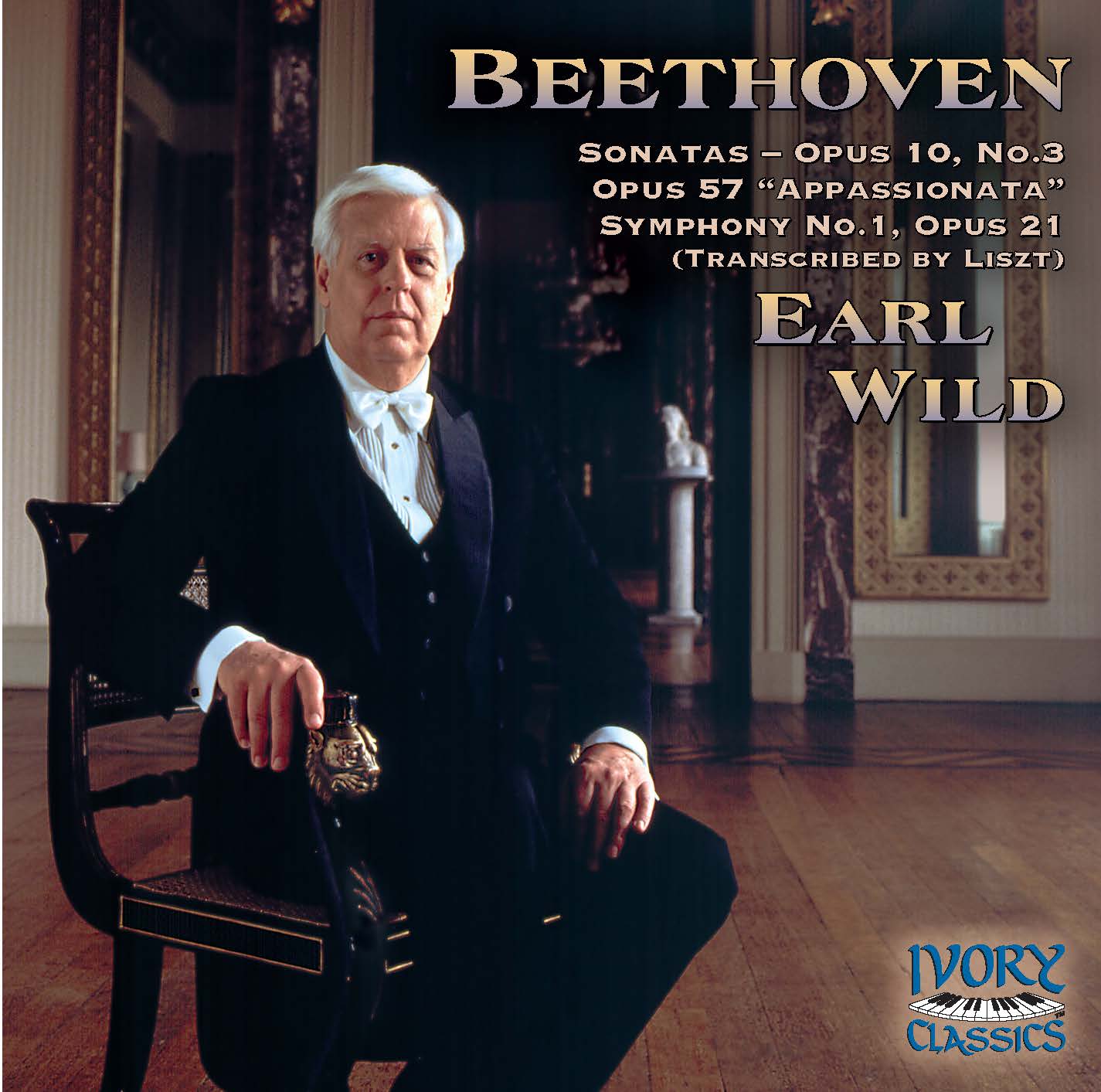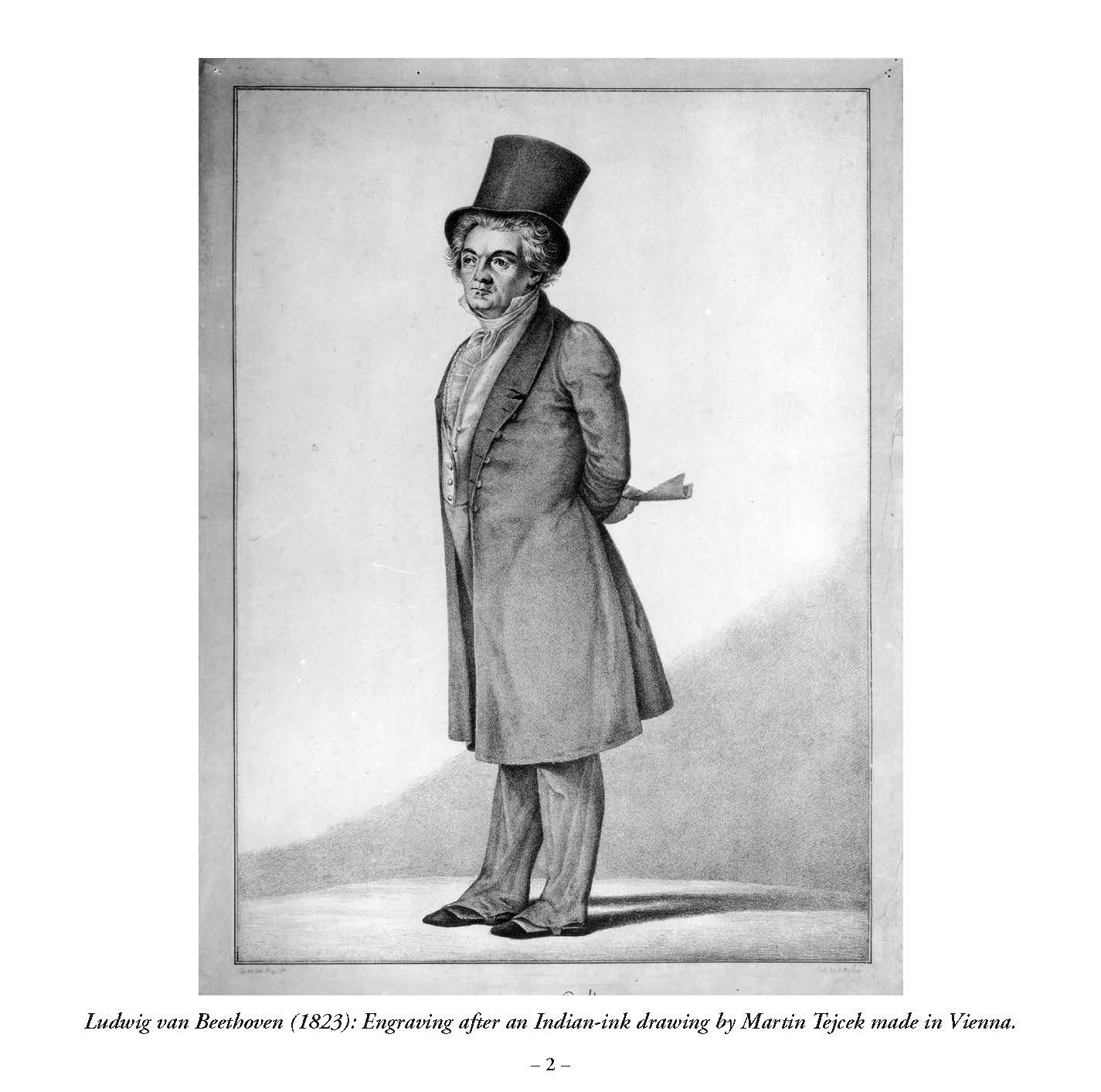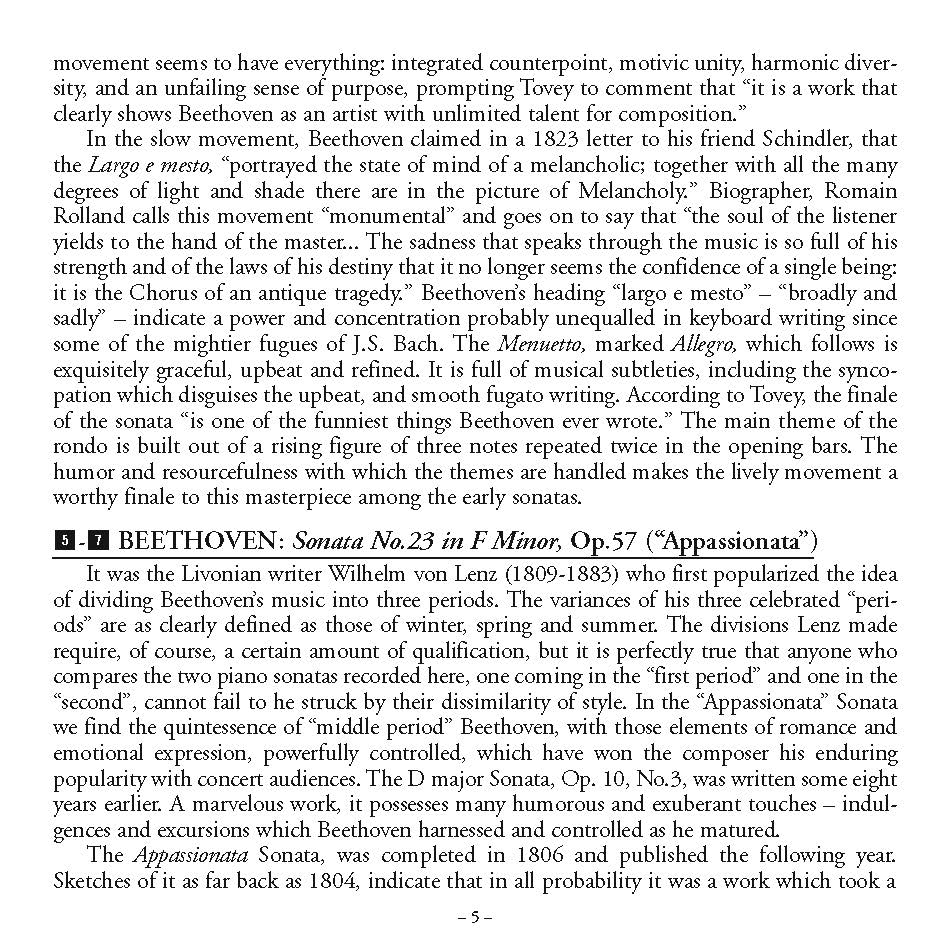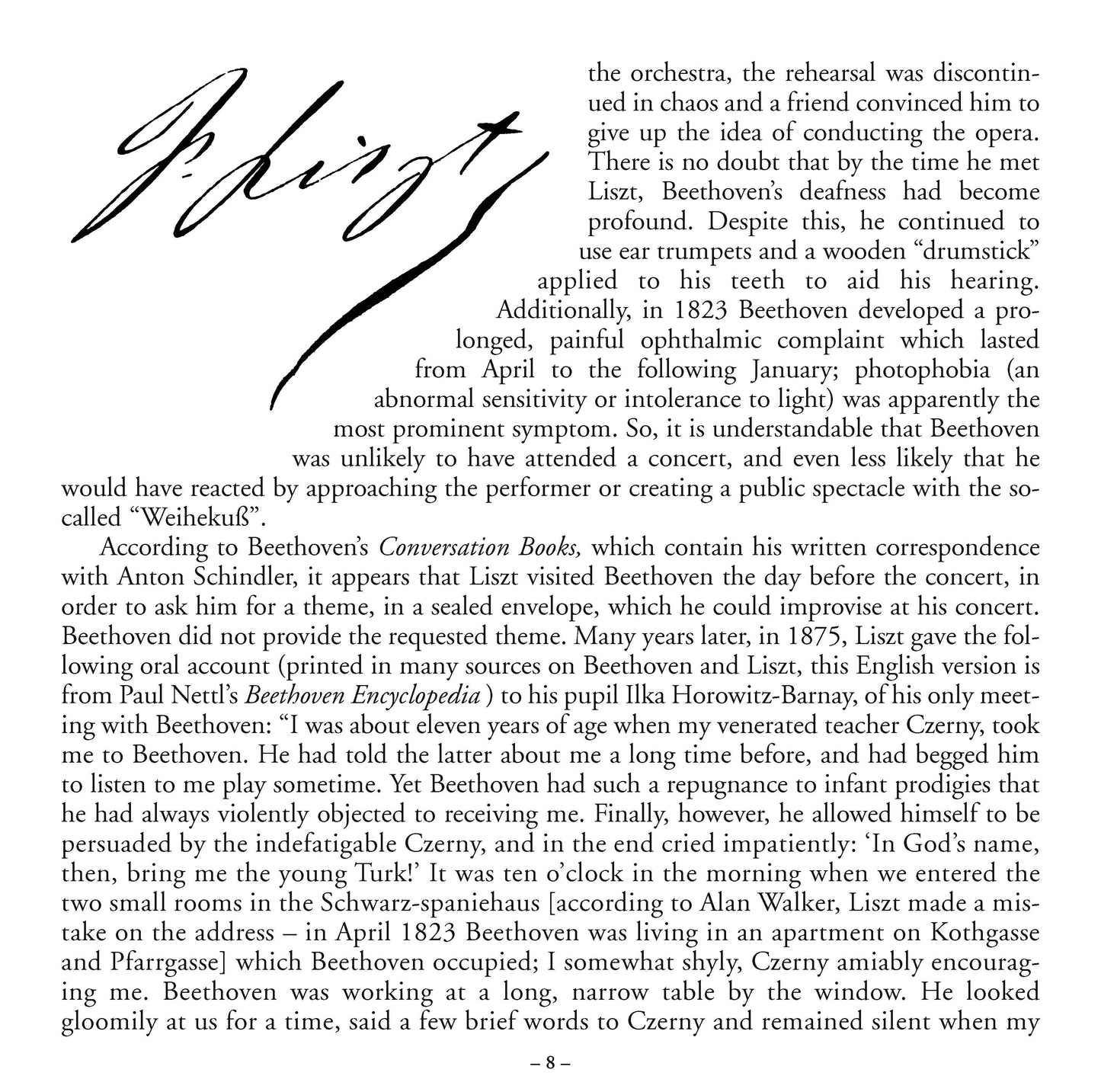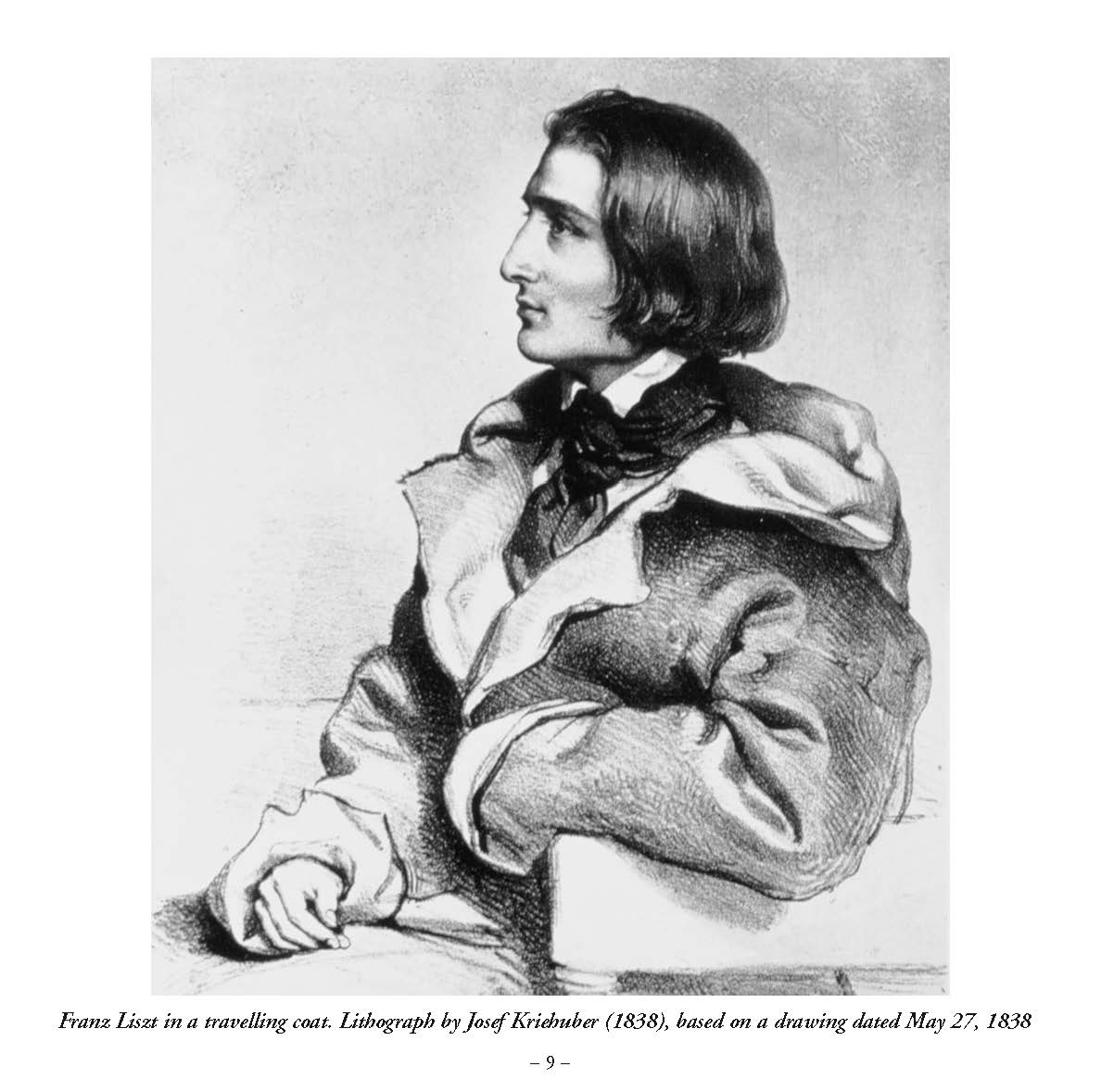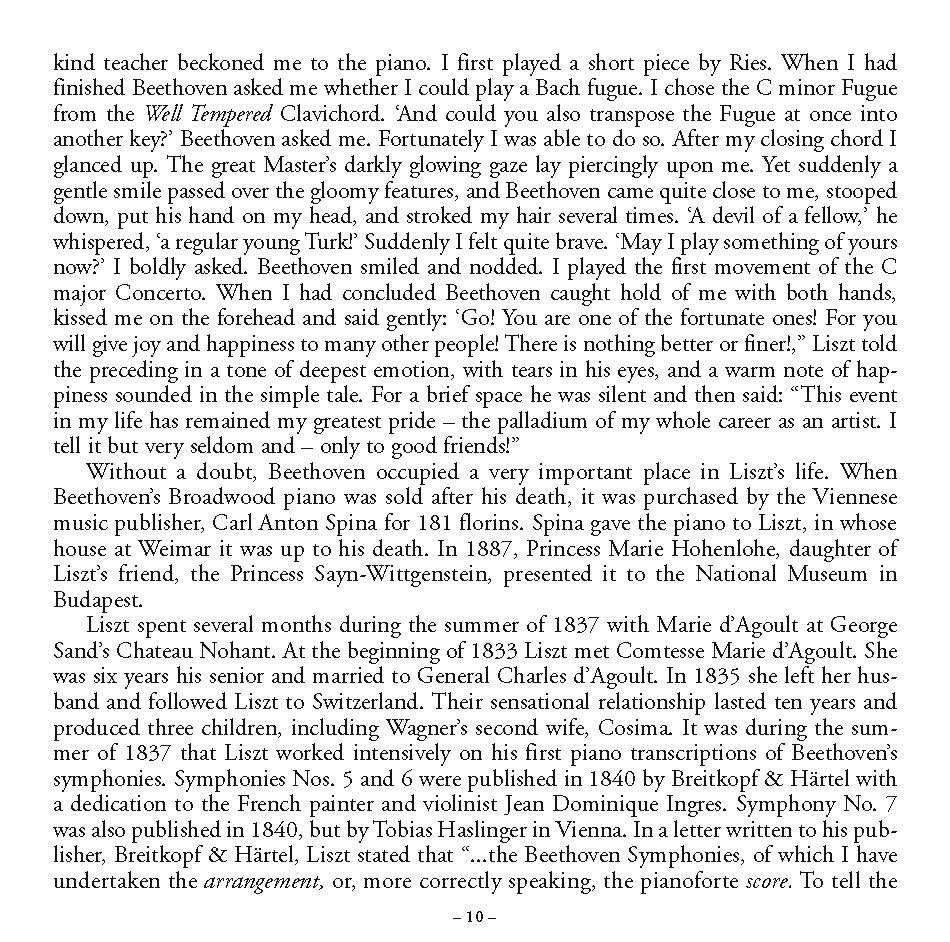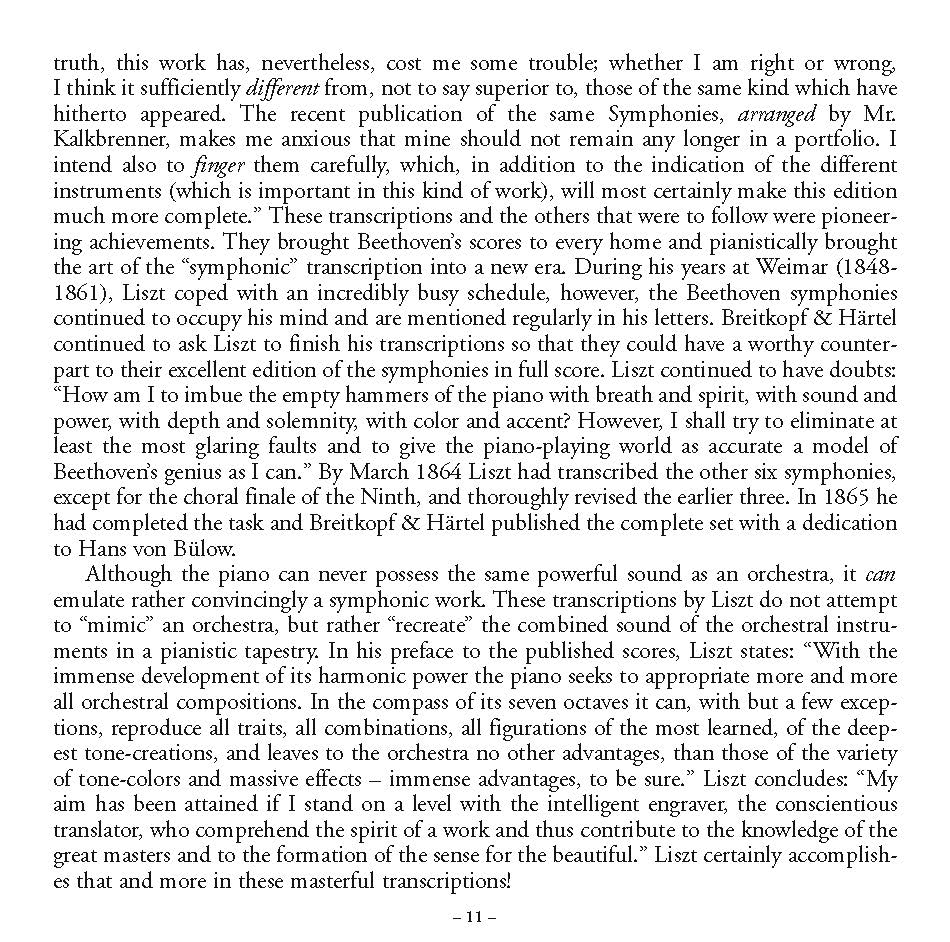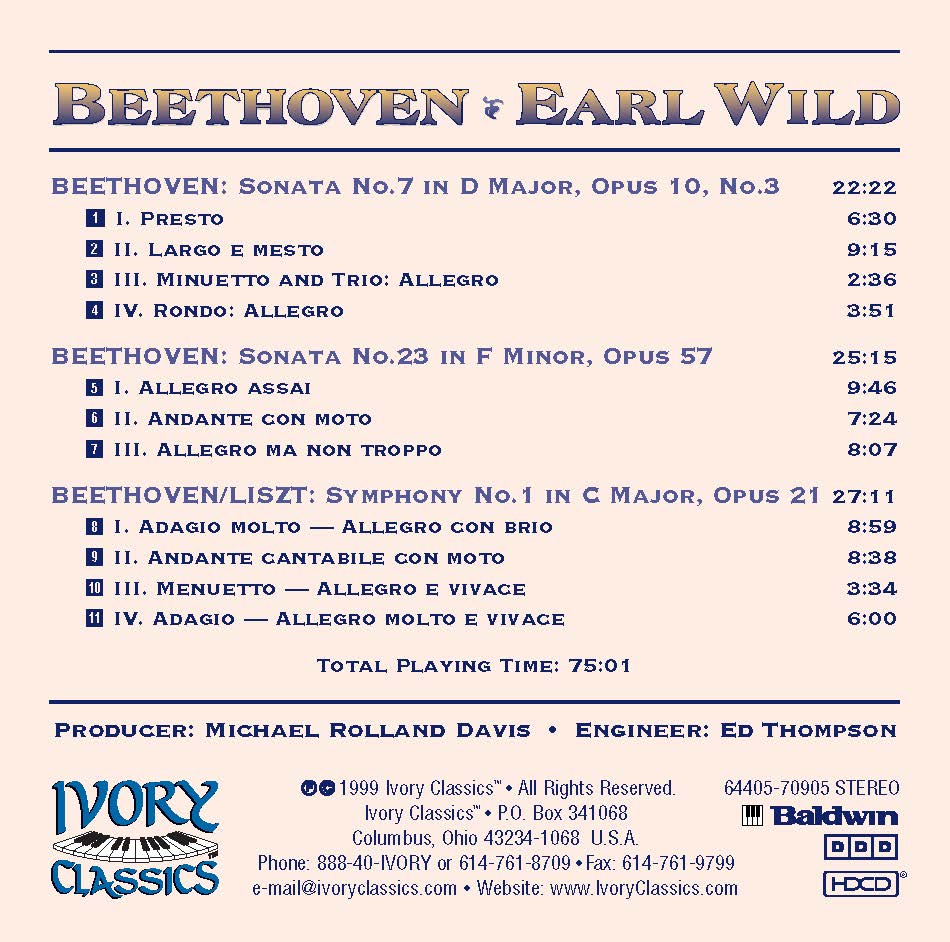Earl Wild's Beethoven: Sonatas & Liszt Transcription of Symphony No. 1
Earl Wild's Beethoven: Sonatas & Liszt Transcription of Symphony No. 1
Couldn't load pickup availability
Earl Wild's Beethoven: Sonatas & Liszt Transcription of Symphony No.1 CD offers an expertly mastered musical experience from a renowned pianist. Delivering authentic, classic sound paired with impeccable technical precision, this timeless recording is sure to please any classical music fan.
Ivory Classics CD-70905
Earl Wild: Beethoven & Beethoven / Liszt
Ludwig van Beethoven (1770-1827):
Sonata No. 7 in D Major, Op. 10 No. 3
Piano: Earl Wild
Producer: Michael Rolland Davis
Engineer: Ed Thompson
Piano: Baldwin
(DDD)
Recorded November 2, 1998 at Fernleaf Abbey
June 15, 1987 in RCA Studio A, New York City
December 28, 1984 in Borden Auditorium, New York City
New & Remastered using 24-Bit State-of-the-Art Technology - HDCD Encoded
Beethoven's sonatas are milestones in piano literature. And when two masters meet in profound rapport - a composer second to none and a pianist whose temperament is so totally suited to the music - the results are a melding of reverence and passion. As the living dean of American pianists, Earl Wild has been performing Beethoven's music for 75 years. Wild is the kindred soul and perfect spokesman who divulges the musical secrets of the master. In Wild's interpretations, the sonatas abound in the vitality and irresistible urgency. The recital of masterpieces is made even more delectable with the inclusion of Franz Liszt exceptional piano transcription of Beethoven's First Symphony. Virtuoso music, full of emotion, energy, performed unforgettably!
Disc.Reviews
Earl Wild fuses Beethoven's classical decorum and Liszt's extroverted keyboard deployment with complete conviction and assurance. The Beethoven Op.10, No.3 sonata, recorded when the pianist was 82, is impressively fleet-fingered in the outer movements, and the sublime slow movement sings with both tension and simplicity.
Classics Today, May. 2000
Earl Wild is far less the egocentric artist that Horowitz was, and yet his similar approach is firmly stamped in these deeply satisfying performances. Wild's geniality and warmth of projection are irresistible. Wild is a super virtuoso; just listen to his unsurpassed recordings of Liszt's opera paraphrases. But here the technique is completely subsumed by the goal of expressively, with a profound sense of human suffering and struggle played out in a deliberate and thought out manner. The most striking technical quality in these performances is his smoldering tonality, deep-throated and non-percussiveness even in loud or rapid passages. These original digital recordings, beautifully capture the special tone, graceful phrasing and effortless virtuosity of this American master. As usual with Ivory Classics, the sound engineering is superb. In short, a wonderful and unique Beethoven recital.
Fanfare Magazine, Oct. 1999
At 83, Earl Wild is the dean of American pianists and one of the pianistic masters of the 20th Century. On this new Ivory release, he offers fresh accounts of two of Beethoven's finest sonatas - the early No.7 (Op.10, No.3) and the grand No.23 (Appassionata). He also throws in an oddity: Liszt's transcription of the composer's First Symphony. He is careful to place them in stylistic context, remembering the No.7 is early Beethoven and not driving it too hard. You should experience his dramatic, strongly individual reading of the Appassionata. In Mvt. 1 tempos are flexible but subtly integrated into the whole - romantic Beethoven tempered by classical sensibility. In Mvt. 3 the pianist is careful about the composer's Allegro ma non troppo marking, so when he is instructed to speed up in the coda there is no sense of strain. The clarity of Wild's fingerwork is a marvel. This is a superb reading. Sonata No.23, recorded in the RCA studios in 1987, has the most vivid sound - I also liked the warm sonics in the Symphony No.1.
American Record Guide, Oct. 1999
Ivory Classics is a label generally devoted to resurrecting keyboard treasures out of the past. This Earl Wild issue, however, contains one item newly recorded, the D Major Sonata, taped November 2, 1998. And it's the best performance on the disc, fully able to stand with the better ones in the catalogue. That's quite an accomplishment for a man of 84 years not generally known for his Beethoven interpretations. He did record the Moonlight, Pathetique and Hammerklavier on a 1995 Chesky disc, though, and received high praise. Wild's digital dexterity and accuracy in the D Major sonata are impressive; his dynamics are wide-ranging and rich; and his interpretive sense has seemed to deepen. He serves up a lean reading, deftly capturing the surging heroism of the opening Presto and the dark melancholy of the ensuing Largo. He renders the two short movements that follow with just as keen an interpretive sense and with splendid technique. The Appassionata, recorded in June 1987, is worthwhile for its nervosity and urgency. The finale may be the best movement here, where the excitement imparted by the pianist is tasteful and convincing. The sound is superb in the D Major, and nearly that good in the Appassionata. The Symphony No. 1 in the Liszt realization, recorded in 1984, is also quite well played. It shows Wild might make a good conductor if he ever took to the podium. Ivory Classics? notes are excellent, as usual.
Robert D. Cummings, Allmusic.com, Aug. 1999
